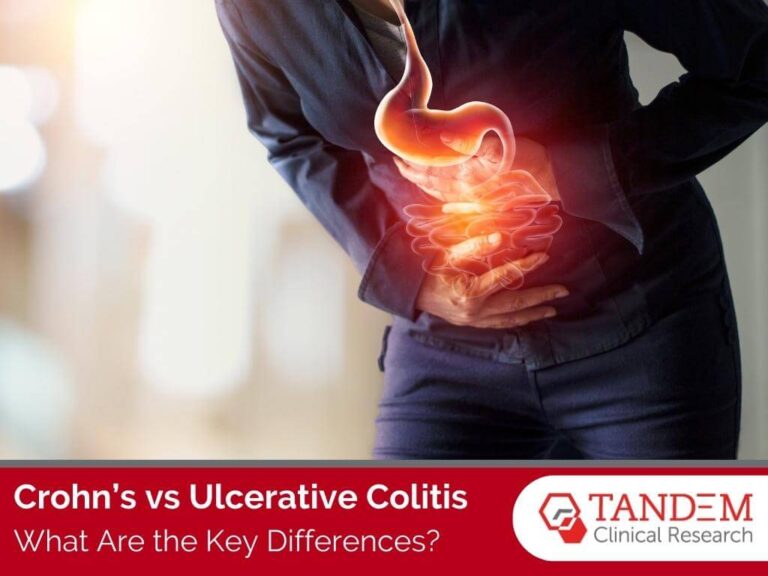
If you’ve ever wondered, what is a clinical trial and how does it work?, you’re not alone. Clinical trials (or research studies) are essential to advancing medicine and bringing new treatments to people who need them—but they’re often misunderstood. At Tandem Clinical Research, we’re here to demystify the clinical research process so you can make informed decisions about your health and care options.
What Is A Clinical Trial?
A clinical trial is a carefully designed medical research study that tests whether a new treatment, medication, device, or diagnostic tool is safe and effective for humans. These studies follow strict scientific and ethical guidelines to protect participants and ensure reliable results.
Clinical trials are a vital part of the healthcare system. Every vaccine, treatment, or therapy you’ve ever received—whether for high blood pressure, diabetes, cancer, or COVID-19—was made possible because of clinical research and volunteers like you.
Who Pays For Clinical Trials?
Clinical research studies are typically funded by pharmaceutical companies (like Merck, Pfizer, Abbvie and more), biotechnology firms, medical device manufacturers, government agencies (such as the National Institutes of Health), or academic institutions. These sponsors cover the costs associated with designing the study, conducting procedures, providing study medications, and compensating participants when applicable. Participants never have to pay to join a clinical trial—in fact, study-related care, testing, and evaluations are provided at no cost. At Tandem Clinical Research, we work closely with study sponsors to ensure that all research is conducted safely, ethically, and with the highest standards of care.
The Clinical Research Process: Step by Step
Understanding the clinical research process can help you feel more confident about participating. Here’s what typically happens:
1. Pre-Screening
Before joining a study, you’ll talk with a member of our team to determine whether you meet the basic qualifications. This can often be done over the phone.
2. Informed Consent
If you’re a good fit for a study, you’ll be invited to a screening visit at one of our clinics. You’ll receive detailed information about the study—what it involves, how long it lasts, and any potential risks or benefits. You’ll then have the opportunity to ask questions before signing a consent form.
3. Screening Evaluation
Our medical team will conduct a physical exam, collect medical history, and may perform lab tests or diagnostic procedures to ensure you’re eligible for the study.
4. Participation & Study Visits
If enrolled, you’ll begin the study. This may involve taking a study medication, using a medical device, or receiving other treatments. Throughout the process, your health will be closely monitored by licensed professionals. These are physicians, nurse practitioners, nurses, physician assistants and clinical research coordinators.
5. Follow-Up
Once the study ends, there may be a follow-up period to check on your health and gather final results. Your participation will help researchers understand how well the treatment worked and whether it can help others in the future.
Why Participate in a Clinical Trial?
Access to new treatments before they’re widely available
No-cost care and health evaluations
Compensation for your time and participation
A chance to contribute to medical advancements that benefit others
At Tandem Clinical Research, we’re committed to making the process safe, respectful, and beneficial for every volunteer.
Clinical Trials Near You
Tandem Clinical Research has clinics throughout Louisiana and New York, enrolling participants in studies for conditions like liver disease, Alzheimer’s, obesity, diabetic nerve pain, and more.
If you’ve ever asked, what is a clinical trial and how does it work?, now’s the perfect time to take the next step.
To learn more about our clinical trials, get in touch. Together, we can make a difference.






